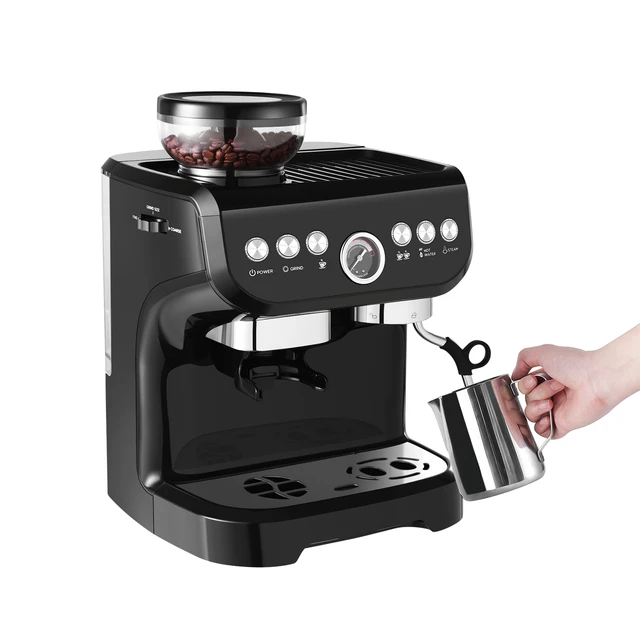Introduction
Coffee brewing methods have evolved over centuries, with various techniques and equipment developed to extract the flavors and aromas from coffee beans. While boiling coffee may sound like a simple and straightforward method, it is not commonly practiced in the coffee world. In this guide, we will explore the concept of boiling coffee, its potential benefits and drawbacks, and why it is not a preferred brewing method among coffee enthusiasts.

Can you just boil coffee?
Understanding the Boiling Method
Boiling coffee involves bringing water and coffee grounds to a boil and letting them simmer together for a period of time. The grounds are typically added directly to the boiling water, which extracts the flavors and compounds from the beans. After simmering, the mixture is typically strained or allowed to settle before serving.
Potential Benefits of Boiling Coffee
Simplicity: Boiling coffee is a simple brewing method that requires minimal equipment. It can be done with just a pot, water, and coffee grounds, making it accessible in various settings, including camping trips or places without access to traditional brewing tools.
Extraction of Flavor: Boiling coffee can extract the flavors and compounds from the beans, resulting in a strong and robust cup of coffee. The prolonged contact between the water and coffee grounds allows for more extraction compared to other brewing methods with shorter contact times.
Aromatic Brew: Boiling coffee can create a rich and potent aroma, as the steam generated carries the volatile compounds responsible for the coffee’s scent. This strong aroma can be appealing to some coffee drinkers.
Drawbacks of Boiling Coffee
Over-Extraction and Bitterness: The prolonged contact time in boiling coffee can lead to over-extraction of coffee compounds, resulting in a bitter and harsh taste. This is because the high temperature of boiling water can extract undesirable flavors from the coffee grounds, including tannins and other compounds responsible for bitterness.
Inconsistent Extraction: Boiling coffee lacks precision and control over the brewing process. The temperature variations during boiling can lead to inconsistent extraction, resulting in a cup of coffee that lacks balance and complexity.
Loss of Aromatics: While boiling coffee can create a strong aroma, it can also cause the loss of delicate aromatic compounds. The prolonged exposure to high heat can cause these volatile compounds to evaporate, leading to a less nuanced and aromatic cup of coffee.
Sediment and Muddy Brew: Boiling coffee often results in a brew with a significant amount of sediment or coffee grounds. This can create a muddy texture and affect the overall drinking experience. Additionally, the sediment can continue to extract in the cup, leading to further bitterness.
Alternative Brewing Methods
Drip Brewing: Drip brewing, also known as pour-over brewing, involves pouring hot water over coffee grounds, allowing it to flow through a filter and into a pot or cup. This method offers better control over extraction time and temperature, resulting in a cleaner and more balanced cup of coffee.
French Press: The French press method involves steeping coffee grounds in hot water for a few minutes, followed by pressing a plunger to separate the grounds from the brewed coffee. This method provides a full-bodied cup with more control over extraction time and allows for the retention of aromatic compounds.
Espresso: Espresso is a concentrated coffee brewing method that uses high pressure to force hot water through finely ground coffee. This method extracts flavors quickly and results in a rich and intense cup of coffee.
Aeropress: The Aeropress is a popular brewing method that uses air pressure to push hot water through coffee grounds. It offers versatility in terms of brewing time, grind size, and water temperature, allowing for a wide range of coffee profiles.
Conclusion
While boiling coffee is a simple and accessible brewing method, it is not a popular choice among coffee enthusiasts due to its drawbacks. The prolonged contact time and high temperature can lead to over-extraction, bitterness, and loss of delicate aromatic compounds. Alternative brewing methods, such as drip brewing, French press, espresso, and Aeropress, offer better control over extraction parameters and result in a more balanced and nuanced cup of coffee. These methods allow coffee lovers to enjoy the complexities and subtleties of different coffee beans while appreciating the art and science of coffee brewing.

